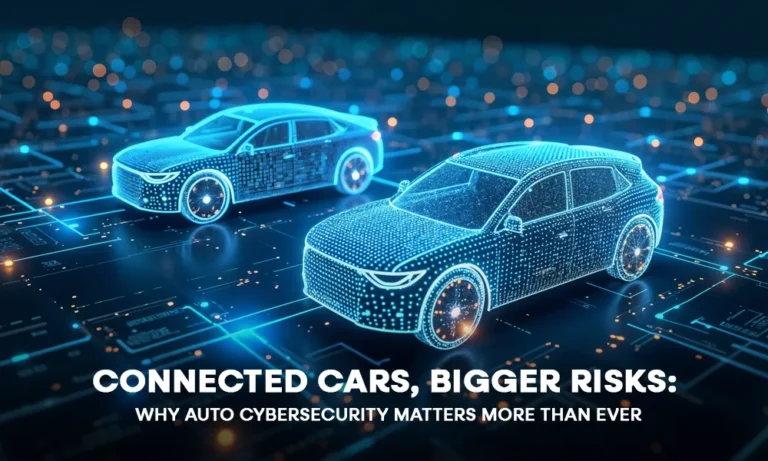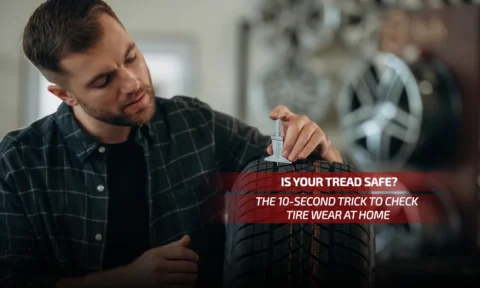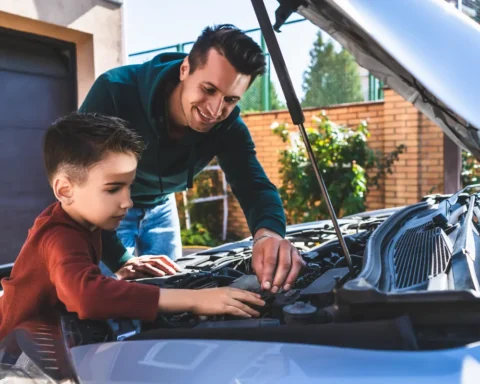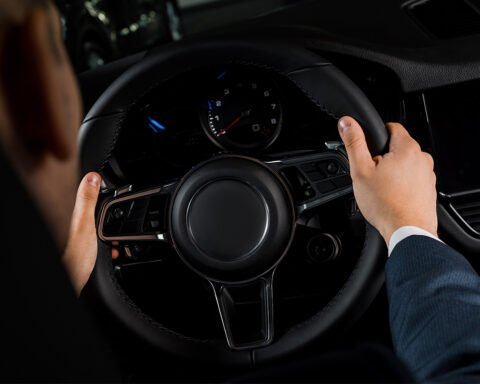I remember the time when cars used to be just an engine, four wheels, and a steering wheel. We’ve travelled quite a distance since then, with the cars traversing our roads today becoming smart vehicles that operate like mobile computers and are loaded with numerous sensors, software, and internet connectivity. We are now living in the generation of connected cars – vehicles that can connect to other smart devices. These cars offer features like GPS navigation, voice assistants, remote diagnostics, and over-the-air updates, redefining how we perceive vehicle convenience and performance.
However, it’s far from a picture-perfect situation, and there is a problem that most drivers are blissfully unaware of. All of these new features have opened new doors. And not all of them can be locked. To put it more bluntly, connecting cars to the internet has brought on security problems that experts have been overlooking in their haste to deploy the latest technology as quickly as possible.
Let’s take a look at the cybersecurity risks connected cars face today.
The Rise of the Smart Car—and the Cyber Threats That Follow
Your modern car can be connected to everything: your phone, your home Wi-Fi, cloud servers, and even other cars. While this gives you a seamless driving experience, it also creates a whole new area where hackers can gain access. Don’t believe me? Well, just think about how much you depend on internet connectivity during a drive.
- Your infotainment system: You probably connect to the Internet to play music or watch videos. If you have a compromised infotainment system, it could expose personal data to hackers.
- Keyless car entry: While being able to open your car without a key is hugely convenient, think about what could happen if the system were hacked. This could pave the way for your car to be stolen remotely.
- Vehicle-to-vehicle communication: Although vehicle-to-vehicle communication improves your driving experience through accident prevention and traffic optimization, a breach in the system is always possible. This could disrupt traffic flow or cause major accidents.
Hackers Are Eyeing Your Car
The cars of today are treasure troves of data. They know where you go, how fast you drive, what music you like, and even when you last serviced your brakes. For cybercriminals, that’s a gold mine of information.
And it doesn’t end with stealing data. In extreme cases, hackers have demonstrated the ability to remotely take control of the steering, brakes, and acceleration of a vehicle. That possibility is no longer confined to a sci-fi film. The technology is already being tested out in controlled environments, and safeguards that neutralize the hacking threat are being designed and implemented.
What Auto Cybersecurity Should Look Like
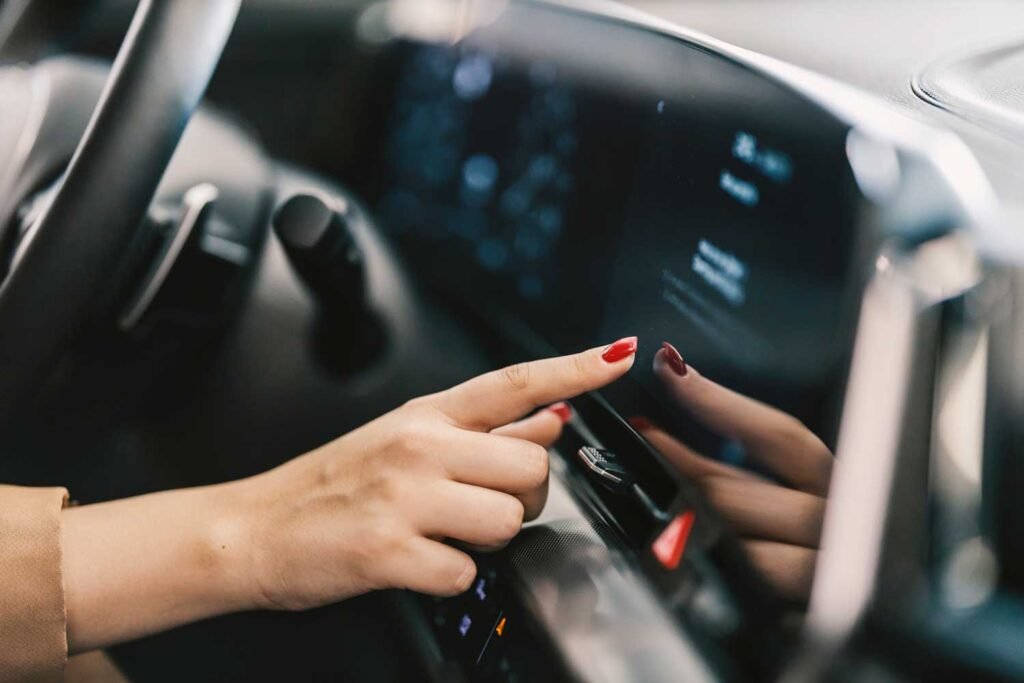
There’s no single best way to protect connected cars. Rather, the approach that is being adopted is multi-layered:
- Secure software architecture: Developing a software architecture with code that’s built with security in mind from day one.
- Regular updates: Just like your phone, your car will also need regular patches to fix security vulnerabilities.
- Encrypted communication: Data flowing between systems must be encrypted and locked down.
- Access controls: Increased access controls, with only authorized users being able to interact with critical systems.
You, too, must get involved in protecting your car. Adopting simple habits like changing your default passwords frequently and avoiding public Wi-Fi can make a big difference.
Regulation Is Catching Up
It is heartening to see that governments and automakers are beginning to take auto cybersecurity seriously and are working together on the issue. In the U.S., the National Highway Traffic Safety Administration (NHTSA) has issued guidelines. Globally, UNECE WP.29 regulations are pushing manufacturers to embed cybersecurity into vehicle design.
But I’ll be the first to admit that regulation moves more slowly than innovation. It’s never able to keep pace with technology. Which is why you need to be aware and take proactive steps to protect yourself. Startups and OEMs entering the connected car space should also work toward enhancing cybersecurity for connected vehicles.
Summing Up: What This Means for the Future
Connected cars cannot be wished away, and the sheer convenience of driving these vehicles will ensure they always have a market globally. However, the cyber threats to these vehicles and the possibility of cars getting hacked are not something owners can easily dismiss. For auto cybersecurity, the approach has to be multilayered, with car manufacturers and owners doing their bit to keep connected cars safe. Moreover, governments too have recognized the cybersecurity threat to connected cars and are putting in place regulations that compel manufacturers to design cyber-secure cars. As a driver, what you need to do is stay informed and cautious.
In the age of connected mobility, cybersecurity is what separates safe innovation from risky disruption.


